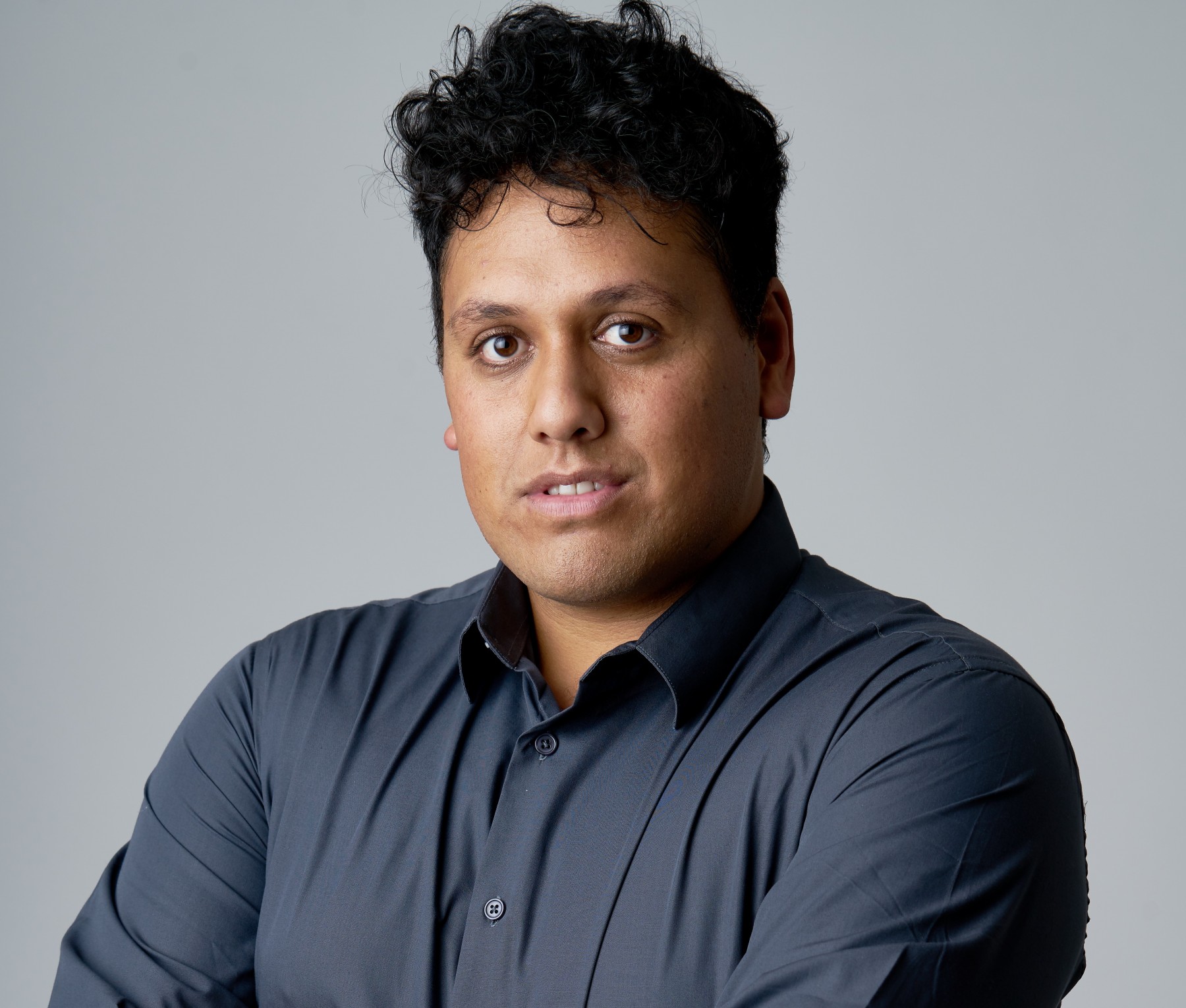We sat down with John to learn more about his exposé and how he got it started.
How did the idea for your exposé come about?
My aunty, who is a mental health manager in Kaikohe, would tell me these stories of how they were using Māori knowledge, mātauranga Māori, in their work to help heal people who were really distressed in the mental health system. Mātauranga Māori was used to help guide these people and connect them back to their culture.
That’s how I got the idea to pursue this story.
Who did you interview to find out more?
We talked to Tui Taurua-Peihopa and Petera Reid, two people who shared their experiences with the mental health system and how difficult it was for them.
They shared how going into Te Ao Mārama [the Māori world of knowledge] and re-connecting with their culture had helped them gain a different perspective on their mental health. Reconnecting to their culture could be as simple as practising karakia [prayer] or reconnecting to the language. Petera had embraced carving and the arts.
We also talked to people like Diana Kopua, an expert in mātauranga Māori and the holistic view of mental health. Māori knowledge was not being recognised in that space [the mental health system], or not considered a science or meaningful way of looking at mental health.
What feedback did you receive?
The feedback I got from my aunty and everyone up North was that it was great to see people with lived experience being able to share their story.
Some of those stories were quite raw, like Petera being locked up in a secluded room in prison because of his mental distress.
The people I spoke to had felt like their voices weren’t being heard and their work and journey is now being acknowledged.
What kind of stigma or discrimination do you think Māori can face in the mental health system?
They’re going into a system that wasn’t created for them, so it’s hard for them to feel that they connect to it. They’re stigmatised when they walk into the doors of those institutions.
Even in their own communities, they can be looked down on. They have to overcome a lot.
There’s much emphasis on helping people in distress feel less alone. Do you think that’s even more important for Māori?
Yes, so often they’re treated as just numbers and you see these high statistics for Māori.
To put a face to [that distress] and to see how much people do overcome on their mental health journeys was really empowering.
How did winning a Media Grant help your project?
It was a huge support to have that funding.
The team at the Mental Health Foundation trusted me to put the story together; they had a lot of faith in me and it was so awesome to have their support. It was a great collaboration.
It was a really special project to work on, to get those stories out there and show people that they can overcome those challenges and there’s no shame in embracing mātauranga Māori to do it.
What would you tell people who are thinking about applying for a grant?
Do it! Find a really great idea, focus it and then put in a great pitch.

